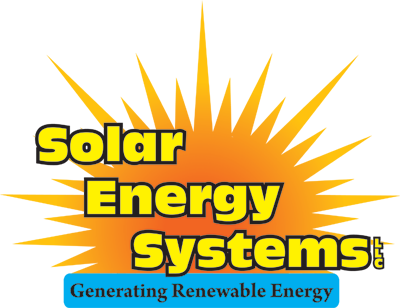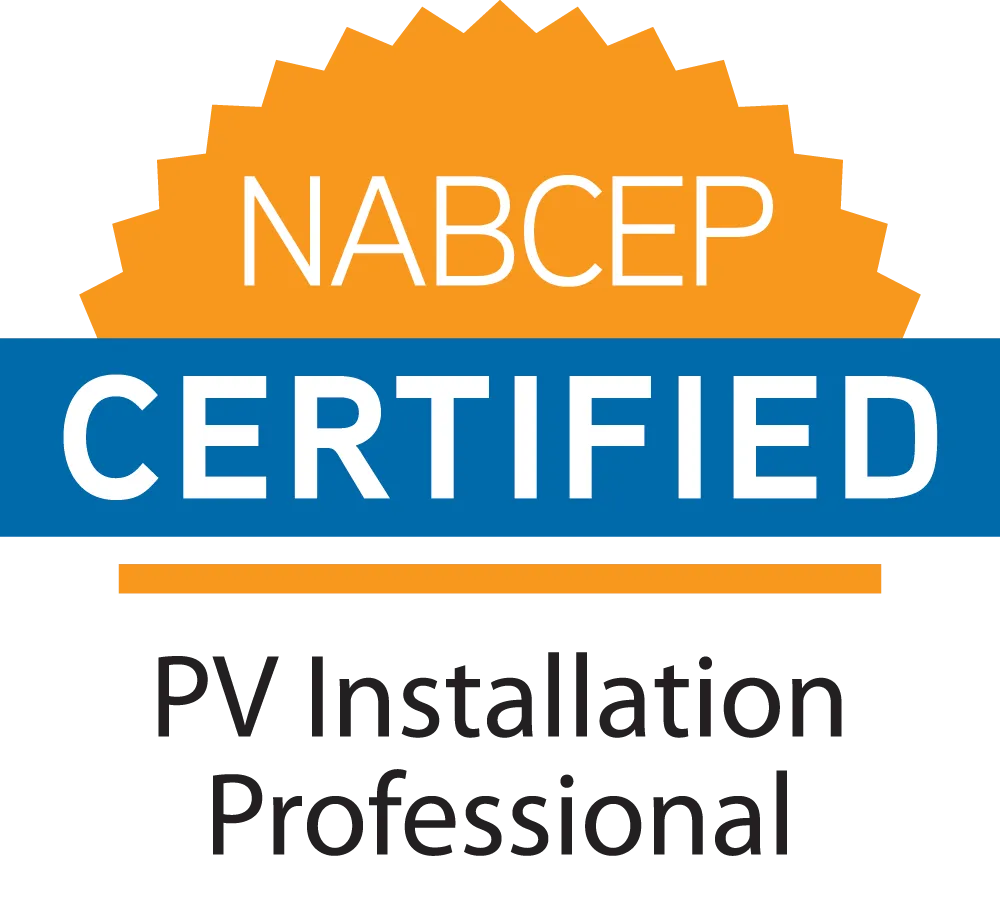An average residential size in Indiana is around 5 kW to 10 kW, which can cost between $14,000 to $25,000 up front; with tax incentives, that can be brought down to $9,800 to $17,500. Every system’s size is dependent on how much electricity the customer uses and wishes to offset with solar.
In Northern Indiana, solar is almost always better. Solar provides a better payback than wind and has little to no maintenance. Wind has too many moving parts and requires regular maintenance, which increases the cost and hassle to customers and installers.
Net metering is an agreement with your electric utility, where the utility agrees to buy the extra power your solar system produces. If you overproduce electricity, your utility provides a credit to your account, which you use to offset your bill when you are using more power than your system is producing. Read our full article on net metering here.
No, unless you want to go off-grid completely or want a battery back-up system in case the power goes out. If you stay connected to the grid, you just use grid power when your solar panels aren’t producing enough, like at night.
es! Solar energy systems produce enough electricity in Indiana to provide a payback of 8-10 years for residential customers and 6-8 years for commercial customers. In fact, Indiana outproduces Florida during the summer, which helps make up for the dark winter months.
Solar panels are designed to withstand harsh weather conditions, but accidents can still happen. If your panels get damaged, most solar panel systems come with warranties that cover repairs and replacements. Additionally, homeowner’s insurance policies often cover solar panel damage.
During a power outage, if you have a solar panel system with battery backup, you will still have access to electricity. This is especially important if you rely on electricity for medical equipment or have other urgent needs. Solar panel systems with battery backup can provide peace of mind during emergencies.
Actually, studies have shown that solar panels can increase property value. Many homebuyers are willing to pay a premium for a home with solar panels installed because it means lower energy bills and a more sustainable lifestyle.
While having limited roof space or shading issues can make it more challenging to install a solar system, it doesn’t necessarily make it impossible. Our team can perform a thorough site analysis to determine whether or not your property is a good candidate for solar, even if you have shading issues or limited space. We may recommend using microinverters or power optimizers, which can help to mitigate the effects of shading on your system’s performance. We can also work with you to explore alternative installation options, such as ground-mounted systems or solar carports, if appropriate. Ultimately, our goal is to find a solar solution that works for your specific needs and situation.
Yes, there are many government incentives and tax credits available for those who choose to invest in solar energy. One of the most significant incentives is the federal Investment Tax Credit (ITC), which allows homeowners and businesses to deduct 30% of the cost of their solar system from their federal taxes. There are also many state-level incentives and rebates available, such as Solar Renewable Energy Credits (SRECs), property tax exemptions, and sales tax exemptions. Additionally, some states offer grants or low-interest loans to help offset the cost of a solar system. Our team is highly knowledgeable about these incentives and can help you navigate the available options to ensure that you receive the maximum benefit possible.
Solar systems are designed to be installed safely and securely on your roof without causing damage. Additionally, most solar companies offer warranties that cover any damage that may occur during installation or as a result of the system’s operation.
While the process of installing a solar system does require some permits and inspections, most reputable solar companies will handle these aspects of the process for you. Additionally, many states and municipalities offer streamlined processes for solar installations to make the process as easy as possible.
While solar panels may not be the most visually appealing addition to your home, many companies offer panels in a variety of colors and styles that can be customized to blend in with your roof. Additionally, keep in mind that the environmental benefits of solar energy may outweigh any concerns about aesthetics.
Most solar systems are connected to the grid, which means that any excess power they generate during the day is fed back into the grid and credited to your account. Then, at night or during periods of low sunlight, you can draw power back from the grid as needed. Additionally, some solar systems include battery storage, which can store excess power generated during the day for use at night.
While it’s true that you’ll see the biggest financial benefits from a solar system over the long term, even a few years in your home can be enough to make it worth the investment. Additionally, keep in mind that a solar system can increase the value of your home, making it more attractive to potential buyers if you do decide to sell.
Solar systems actually require very little maintenance. You’ll want to keep the panels clean and free of debris, and it’s a good idea to have a professional inspect the system periodically, but beyond that there’s not much upkeep required. Additionally, many solar companies offer warranties and maintenance plans that can help ensure your system continues to perform at optimal levels.
Solar systems can still generate power on cloudy days, although they may produce less than they would in bright sunshine. Additionally, most solar systems are designed to produce enough power to meet a household’s needs over the course of an entire year, taking into account seasonal variations in sunlight. So, while your system may produce less power on some days than others, it should still be able to meet your overall energy needs.
It’s true that solar systems can be a significant investment, but there are many financing options available to help make them more affordable. You could consider leasing a system, which can require little to no money down, or financing the purchase with a loan. Additionally, keep in mind that the long-term savings from a solar system can more than offset the upfront cost.



